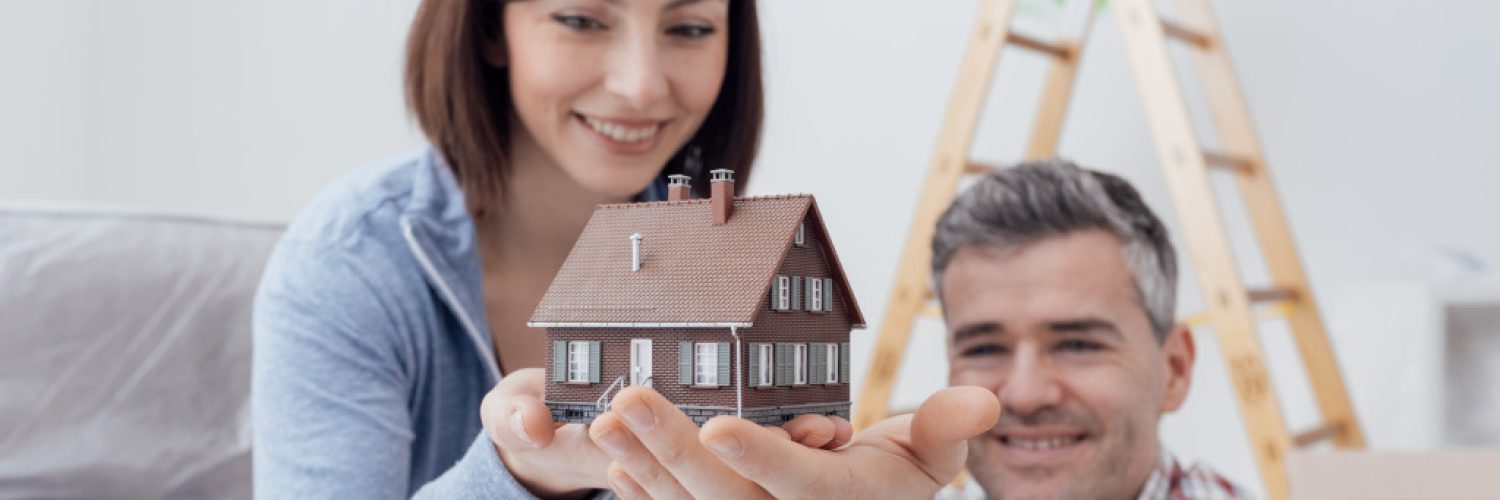Home is an important part of people’s lives. Homeownership adds value to an individual’s social, financial, emotional, and psychological interests.
A home is considered a person’s financial investment, and primary asset among individuals’ material possessions. In addition, a home offers security, a shelter from environmental changes as well as a place to return to in times of emotional needs. Moreover, a home is a strong representation of a person’s identity and history.
Harvard adds that homeownership affects a person’s self-esteem. Having a great home affects how a person interacts with the society he belongs to. Studies reveal that homeownership and life satisfaction are interconnected; the better a person’s living situation is, the happier a person is.
Gender and Homeownership
It is undeniable that regardless of gender, home acquisition contributes greatly to how a person lives. People work with the best real estate agents to find the perfect home for them. However, men and women have different attitudes and relationships with homeownership.
NBC News states that more single women own homes than men. Women consider owning a home as a step to achieving independence and financial security. However, this does not mean that women are earning more than men. In reality, women in most countries struggle to save for a home because of unequal gender pay.
In New Zealand, only 17.4 % of women have sole propriety ownership; men have 19.2%. Australia, on the other hand, has 27.7% of men owning homes while women take 24.1 percent. Women in Australia seem to have higher homeownership in cities, most probably because of the availability of affordable flats and apartments.
The difference in attitude and roles
Studies reveal that men and women have different methods when purchasing homes. Women prefer to conduct research and find more details regarding the home, including but not limited to knowing the neighborhood. They are more likely to be involved in the initial planning and setting up appointments as well.
Men, on the other hand, usually take care of the financial aspect of homeownership. Most men answered in a study that they feel more responsible in handling bank interactions and securing a mortgage. Additionally, more women than men enjoy the process of homeownership; only 77% of men enjoy the process while 87% of women do.
Couples and attitudes in homeownership
A great portion of homeownership is shared by men and women. In Australia, 43.9% of homes are shared male-female ownership. When it comes to couples, men and women have been observed to have different perspectives in buying and selling a house.
Men feel that researching nearby schools as well as keeping a house well-maintained for future buyers are shared responsibilities with their other half. Women, on the other hand, feel that down payments and asset evaluation are a couple’s shared responsibility. However, despite their differences, both genders feel that one if not the most important part of homeownership is safety.
Gender and Homeownership Profitability
Several studies reveal that men tend to earn more profit from homeownership than women. On average, single men have homes valued 10% more than the homes purchased by single women. The current market value of single men’s homes is $255,226 while for women, it is at $229,094.
The cause of the difference in profitability lies in the gap in gender pay as well. Since women have lesser purchasing power, they fall behind in getting the opportunity to turn a home into a profitable investment.
Single men living in the District of Columbia, Florida, and West Virginia has the highest average value of homes than single women homes. These places are immediately followed by Wisconsin, Texas, and Alabama. For Massachusetts, Kentucky, and Kansas, however single women seem to break the trend for having homes with an average value higher than single males.
In States like West Virginia, Wisconsin, and Alabama, single males gained higher home value appreciation than single women. On the other hand, New York, New Jersey, and Virginia present the opposite: single women experience higher home value appreciation than single men.
What Men Look For In A Home

Different men put different values in a home. For some, it must be an exciting place where they can do fun things. This may mean living in a man cave where one can play, relax, and have a cold beer with buddies. For others, it may mean being close to a thriving nightlife and good restaurants.
Meanwhile, other men put a premium on a home close to the workplace. This spells convenience and practicality. Men are not that picky with neighbors, too, as long as they do not cause a disturbance.
Lastly, some men look for a place where they can settle and grow old. These men are those ready to have a family and live a simple, stable, and satisfying life.

